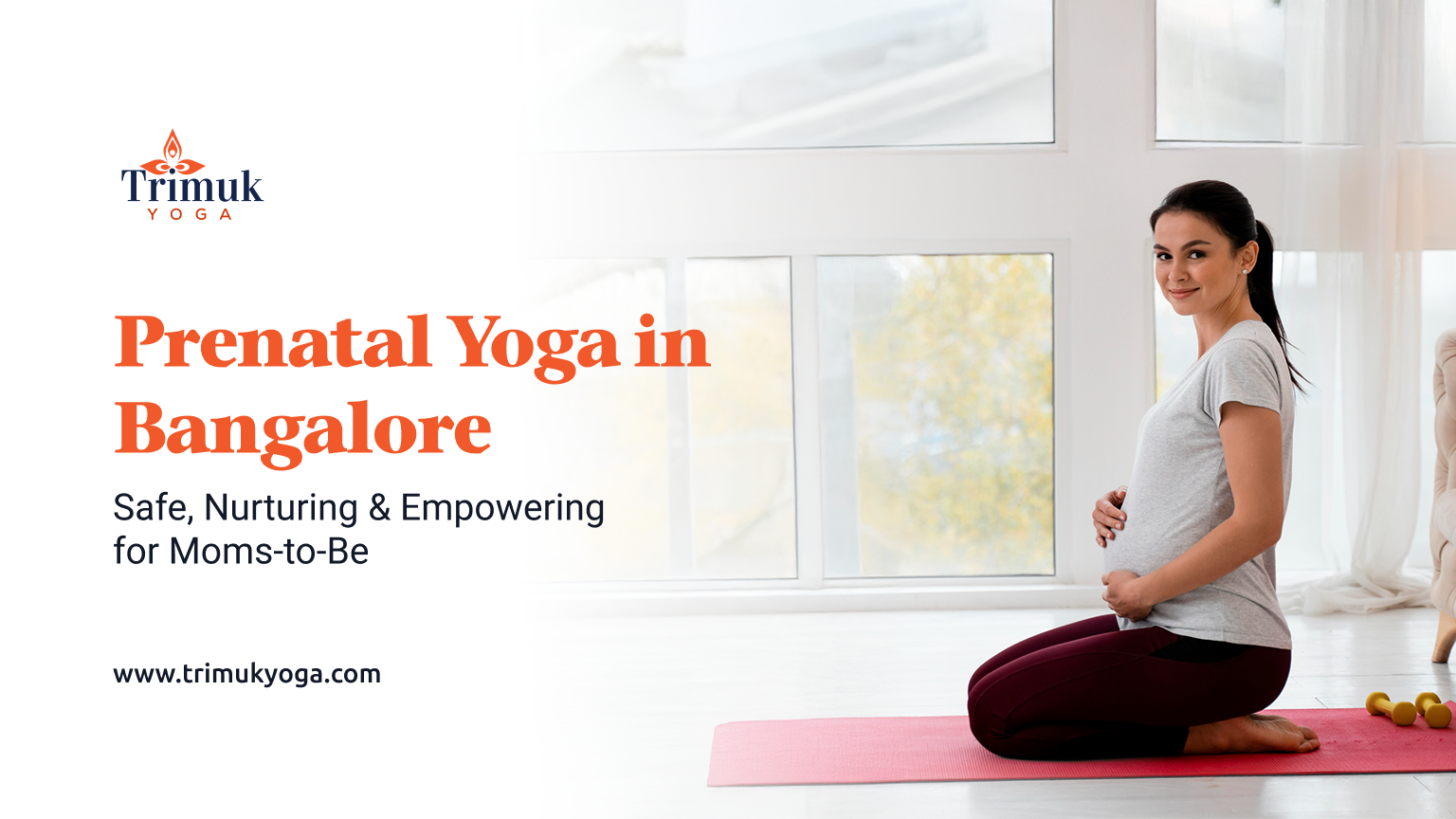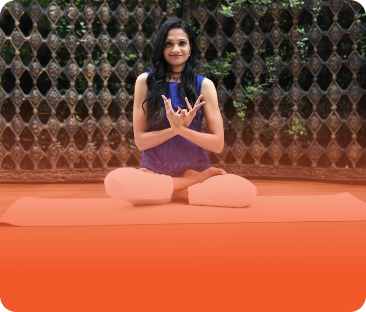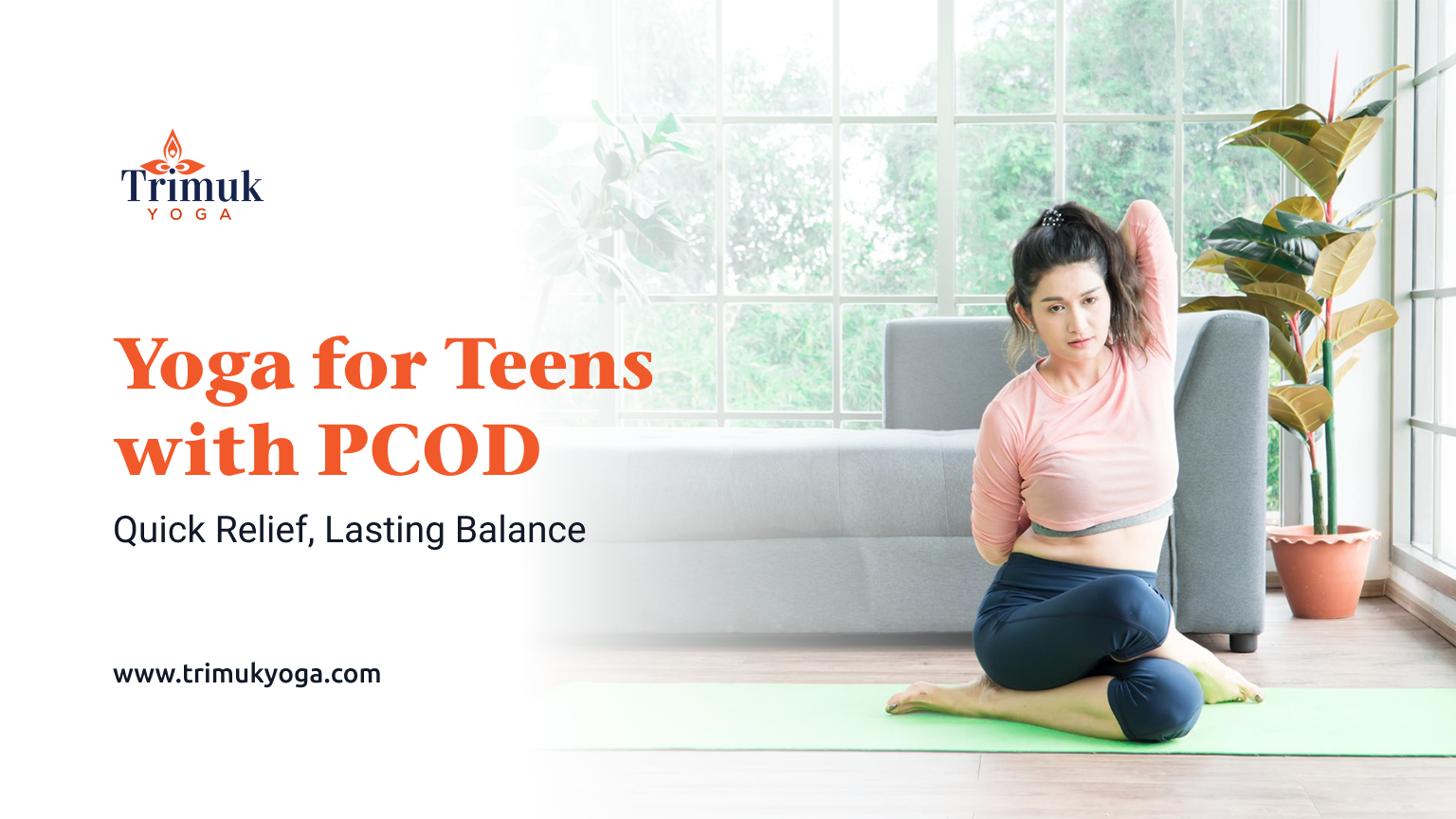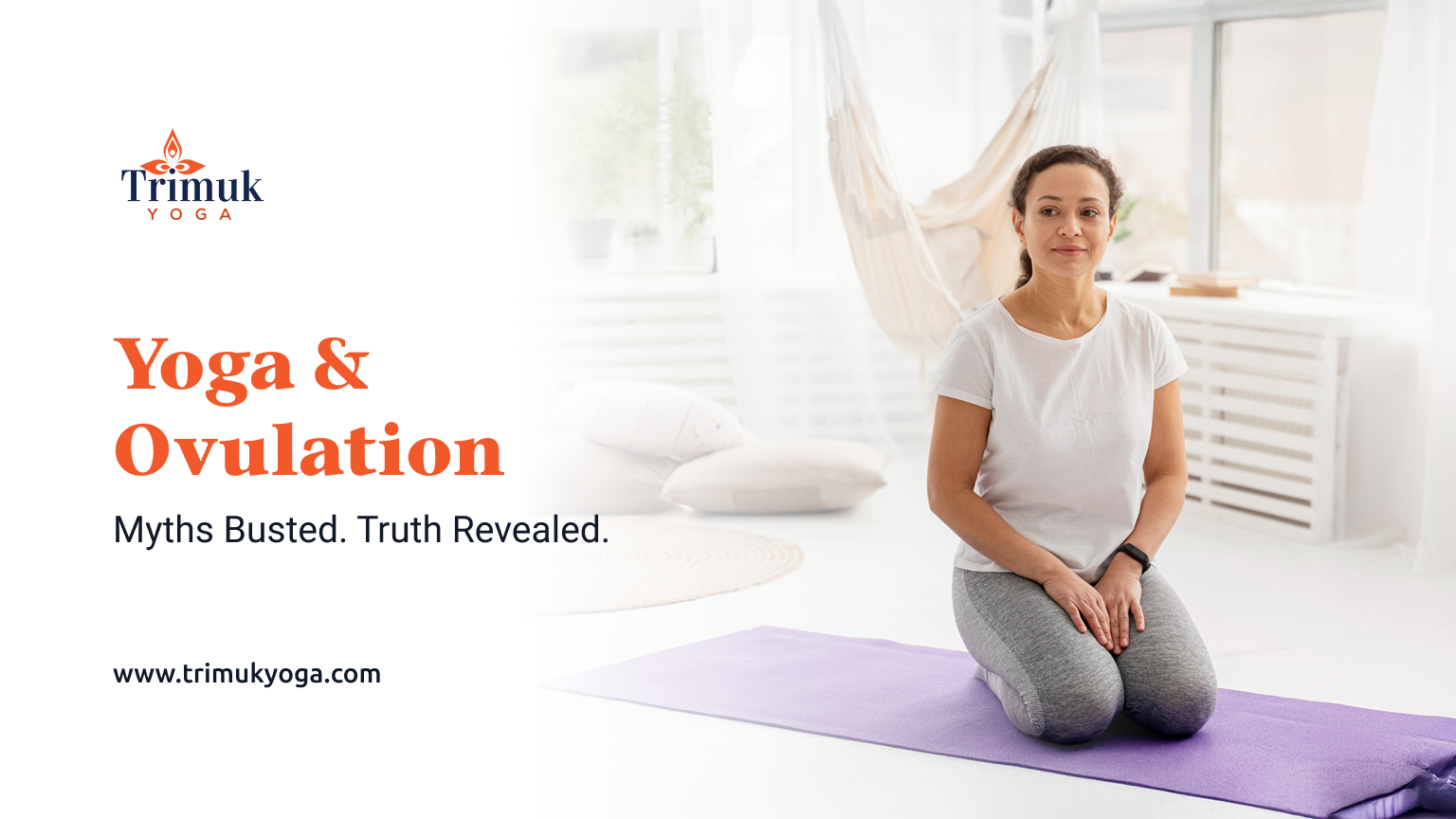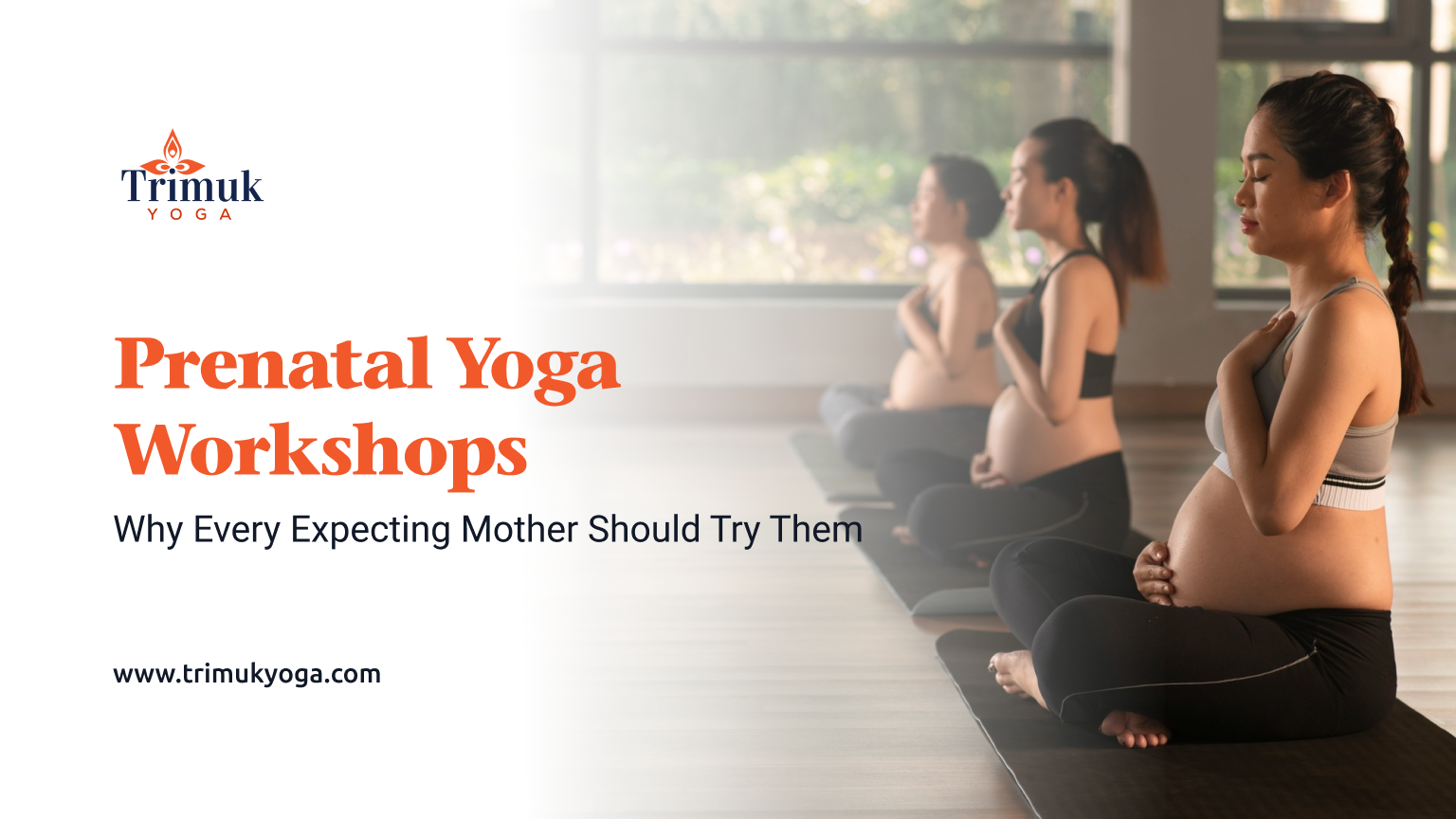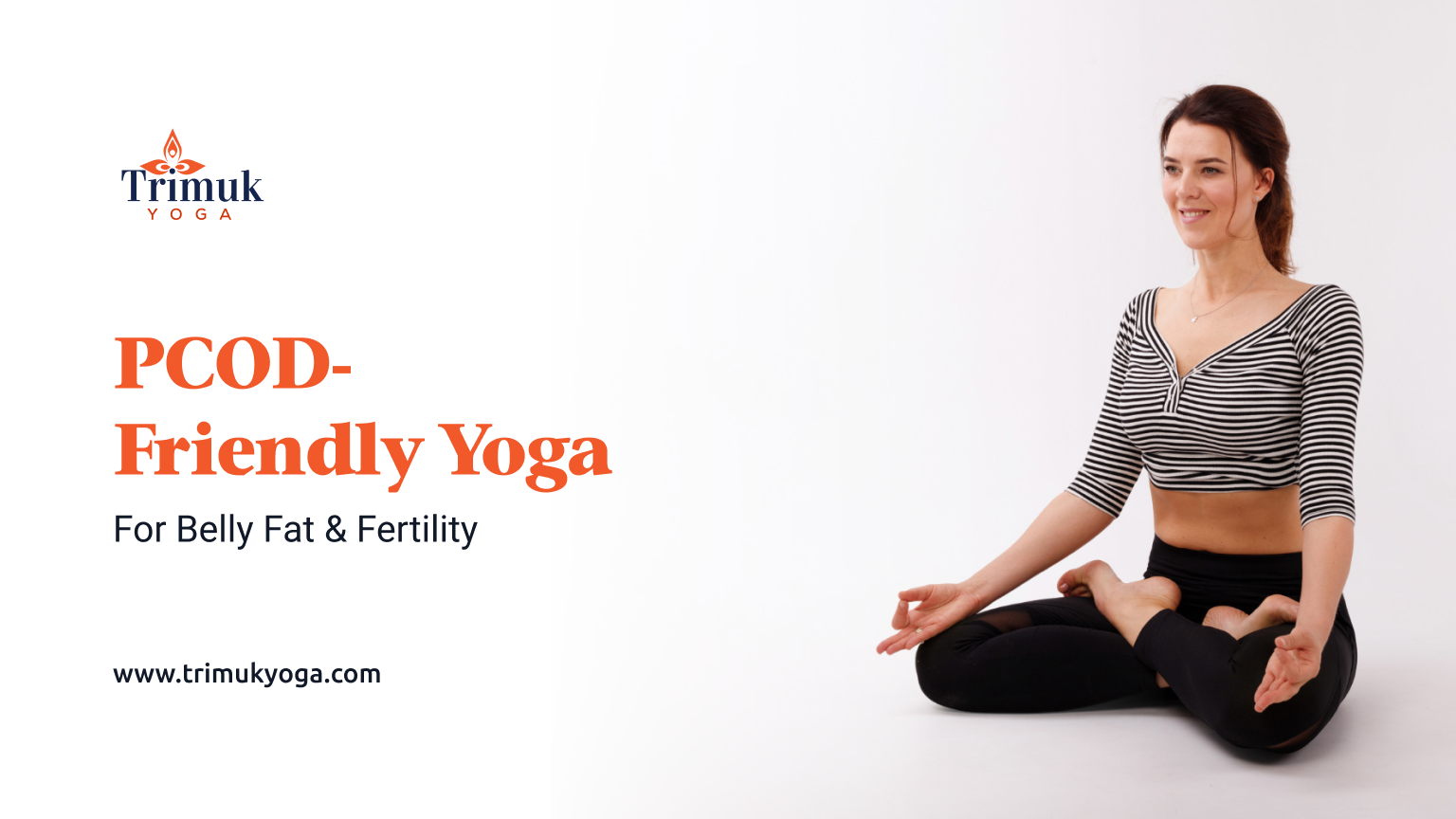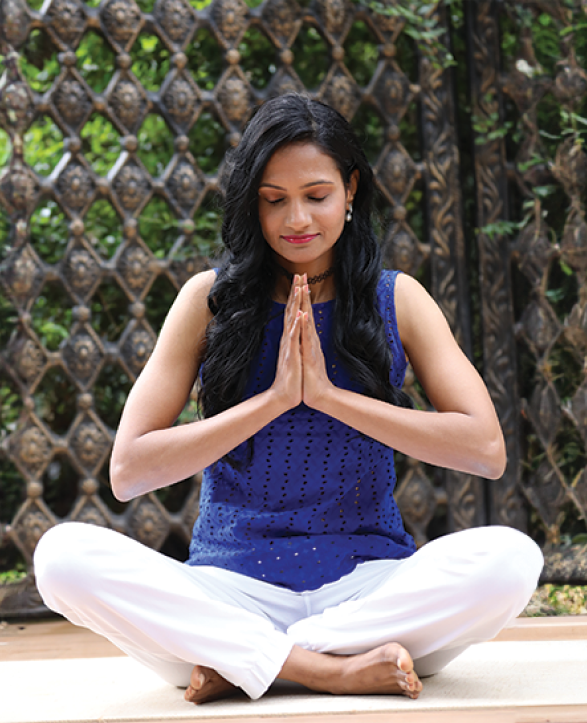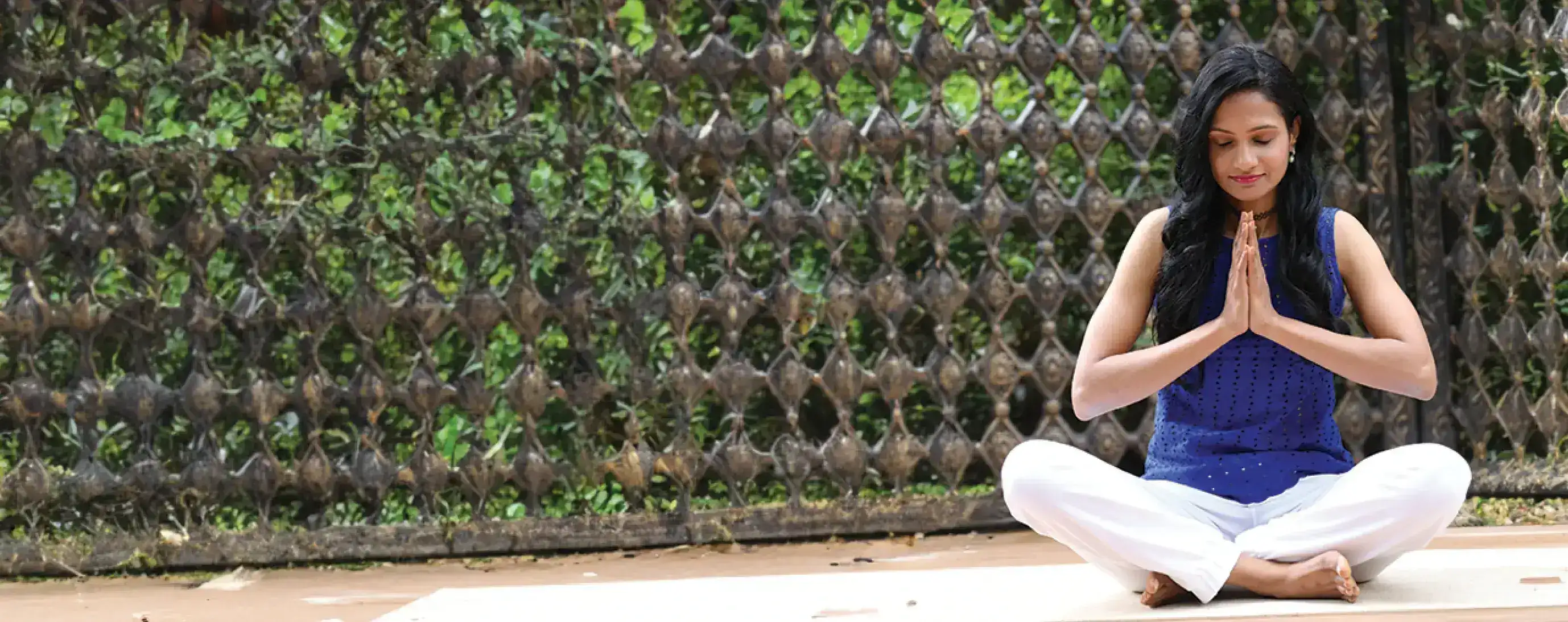Pregnancy is a journey of transformation — physically, emotionally, and spiritually. As the body grows to nurture new life, it deserves care, strength, and balance. In the vibrant city of Bangalore, where modern lifestyles meet ancient wisdom, prenatal yoga has become one of the most trusted ways for expecting mothers to stay healthy, calm, and connected throughout all trimesters.
More than just gentle stretching, prenatal yoga is about preparing the body for childbirth, easing discomforts, improving posture, and fostering a deep emotional connection between mother and baby.
At Trimuk Yoga, guided by Radhika Bargava, prenatal yoga is a holistic practice that blends traditional Hatha Flow and restorative techniques with breathwork, mindfulness, and safety — tailored for every stage of pregnancy.

Why Prenatal Yoga Matters
Pregnancy changes the body’s center of gravity, hormonal balance, and energy levels. This can lead to back pain, stiffness, swelling, and anxiety. Prenatal yoga supports mothers-to-be by:
- Building physical strength and flexibility for labor and delivery
- Enhancing circulation and oxygen flow for mother and baby
- Promoting mental calmness and emotional balance
- Reducing common discomforts like lower back pain, leg cramps, and fatigue
- Encouraging bonding with the growing baby through mindful movement and breath
✨ As Radhika Bargava beautifully explains: “Prenatal yoga is not about achieving perfect poses — it’s about creating space, stability, and serenity for both mother and child.”
Why Choose Prenatal Yoga in Bangalore
Bangalore’s pace can often feel overwhelming for expecting mothers — traffic, stress, and limited movement can contribute to physical strain and mental fatigue. Practicing prenatal yoga in a calm, nurturing environment helps balance urban life with mindful living.
At Trimuk Yoga (Bangalore), the focus is on personalized attention and safety, with small group or one-on-one sessions designed to meet each mother’s unique needs and trimester requirements.
Benefits of Prenatal Yoga
1. Builds Strength and Flexibility
Gentle asanas strengthen the lower back, hips, and pelvic floor — essential areas for supporting pregnancy and preparing for labor.
2. Improves Posture
Growing bellies can shift posture and create back strain. Yoga realigns the spine, preventing discomfort.
3. Enhances Breathing Capacity
Pranayama practices teach mothers how to use breath for relaxation and endurance during labor.
4. Reduces Swelling and Fatigue
Yoga stimulates lymphatic circulation, reducing fluid retention in feet and legs.
5. Supports Emotional Well-being
Hormonal changes often trigger mood swings. Mindful yoga helps maintain balance, positivity, and connection.
6. Prepares for Labor
Learning to stay calm and focused through breathwork builds resilience for childbirth.

Safe Yoga Poses for Pregnancy
These poses are generally safe for most women when practiced under expert supervision:
1. Baddha Konasana (Butterfly Pose)
Opens hips and strengthens pelvic muscles. Sit tall, bring soles of feet together, and gently flutter knees.
2. Marjaryasana–Bitilasana (Cat–Cow Stretch)
Relieves back pain and improves spinal flexibility. Move slowly with the breath.
3. Balasana (Child’s Pose)
A resting pose that releases lower back tension and calms the mind. (Modify by widening knees for space.)
4. Tadasana (Mountain Pose)
Improves balance and posture while strengthening the legs.
5. Virabhadrasana II (Warrior II)
Builds leg strength and stability — great for endurance during labor.
6. Viparita Karani (Legs Up the Wall Pose)
(Modified with bolster support) Reduces swelling in legs and ankles, promotes relaxation.
7. Shavasana (Side-Lying Corpse Pose)
A restorative position ideal for final relaxation, practiced lying on the left side for better circulation.
Pranayama for Expecting Mothers
Breathing practices are essential for oxygenating the body and calming the mind.
- Anulom Vilom (Alternate Nostril Breathing): Balances emotions and hormones.
- Ujjayi (Ocean Breath): Enhances focus and prepares for labor breathing.
- Bhramari (Bee Breath): Reduces anxiety and improves sleep quality.
⚠️ Avoid forceful pranayama like Kapalabhati and Bhastrika during pregnancy.

When to Start Prenatal Yoga
Prenatal yoga can typically begin after the first trimester (from week 13 onward), once the pregnancy is stable and approved by your healthcare provider.
Each trimester has its own focus:
- Second Trimester: Building strength and flexibility.
- Third Trimester: Relaxation, breathwork, and preparing for childbirth.
What Makes Trimuk Yoga’s Prenatal Classes Unique
At Trimuk Yoga, Bangalore, classes are guided personally by Radhika Bargava, combining ancient yogic wisdom with modern anatomy and safety principles.
Each session includes:
- Gentle stretching and joint mobility work
- Pelvic floor and lower back strengthening
- Breath awareness and relaxation
- Guided meditations to connect with your baby
- Lifestyle and nutrition guidance for pregnancy wellness
Class Formats:
- Private one-on-one prenatal yoga sessions (personalized pace and schedule)
- Small group prenatal classes for community and support
- Online prenatal yoga programs for convenience at home

Safety Guidelines for Prenatal Yoga
- Always practice under the guidance of a certified prenatal yoga instructor.
- Avoid lying flat on the back after the first trimester.
- Skip deep twists, intense backbends, or poses that compress the abdomen.
- Stay hydrated and rest whenever needed.
- Listen to your body — yoga during pregnancy should feel nurturing, never strenuous.
Lifestyle & Nutrition Tips from Radhika Bargava
- Eat small, frequent meals rich in whole foods.
- Include iron, calcium, and omega-3-rich foods like spinach, almonds, and flaxseeds.
- Stay hydrated with water and coconut water.
- Sleep on your left side to improve blood circulation.
- Practice gratitude and mindfulness to connect emotionally with your baby.

Benefits After Delivery
Prenatal yoga lays the foundation for postpartum recovery. Women who practiced yoga during pregnancy often experience:
- Easier labor and delivery
- Faster postpartum healing
- Improved pelvic floor strength
- Better emotional balance after birth
A Journey of Strength, Serenity, and Connection
Prenatal yoga is more than a physical exercise — it’s a sacred dialogue between mother and child. Each breath, each gentle stretch prepares both for the incredible journey of birth. It nurtures confidence, strength, and peace in every stage of pregnancy.
✨ At Trimuk Yoga, Bangalore, prenatal yoga is taught with compassion, expertise, and care — ensuring safety while empowering every expecting mother to feel supported, calm, and connected.

Take the First Step Toward a Peaceful Pregnancy
Experience the joy of mindful movement and calm with prenatal yoga in Bangalore.
👉 Join Trimuk Yoga’s Prenatal Yoga Program with Radhika Bargava, where ancient yogic wisdom meets modern care — guiding you through pregnancy with strength, safety, and serenity.
✨ Every breath you take nourishes two hearts. Begin your journey today with love, balance, and grace.
Common Questions
1. Can beginners do prenatal yoga?
Yes! Prenatal yoga is gentle and tailored to your body’s changes. No prior experience needed.
2. What if I have back pain or pelvic discomfort?
Yoga can relieve both, but your instructor will modify poses for your comfort.
3. Is prenatal yoga safe for high-risk pregnancies?
Consult your doctor first. In most cases, gentle breathing and relaxation practices are safe.
4. Can I practice prenatal yoga until delivery?
Yes, many women continue right up to the final weeks — as long as they feel comfortable and receive approval from their healthcare provider.
